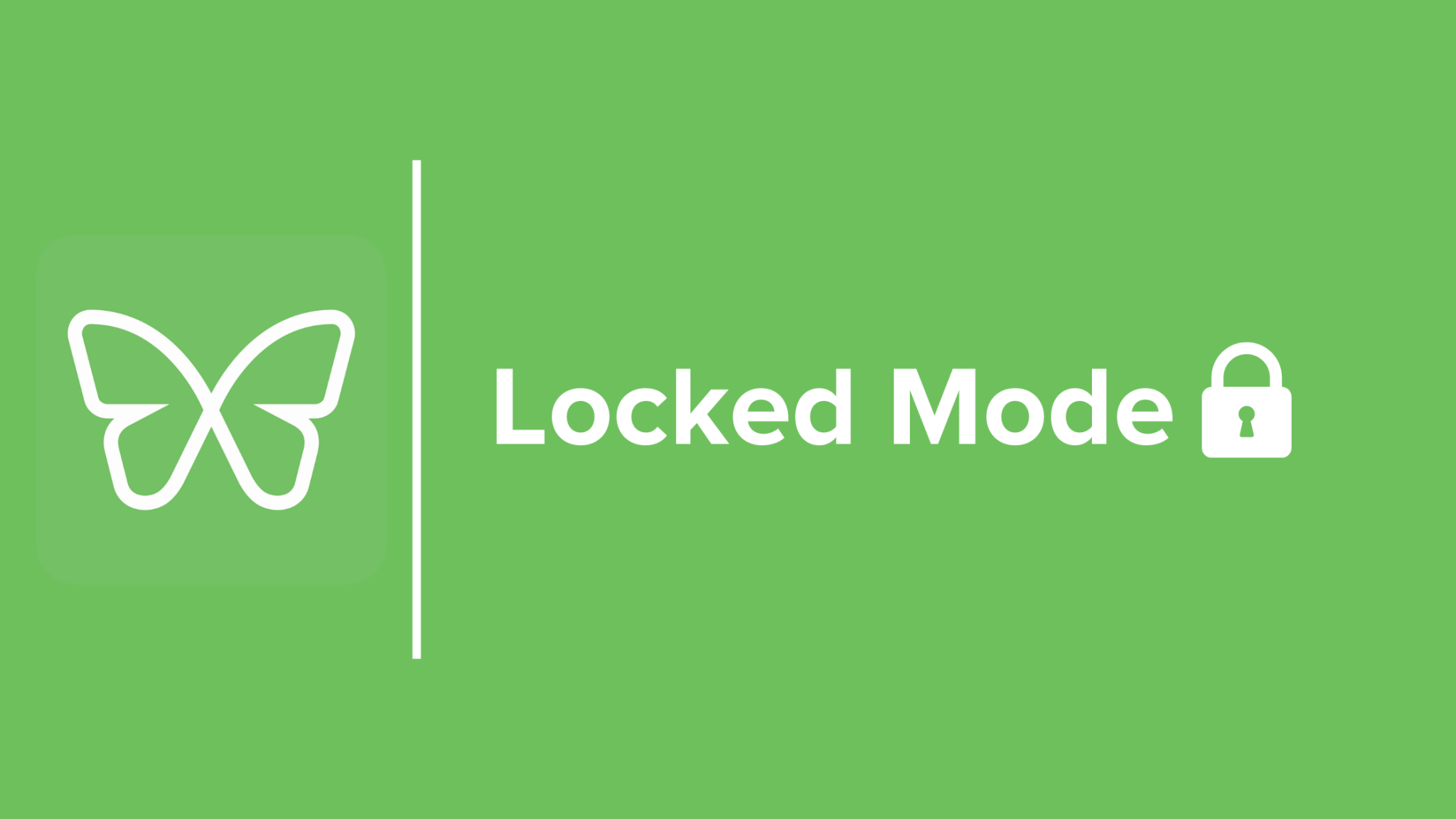J.T. Ellison: The Writing Habits of a Bestselling Author

WORKING IN THE AGE OF DISTRACTION
Do you find it hard to focus? Do you often find yourself frustrated after diving down an internet loophole only to find that hours have passed with nothing to show? You’re not alone. Don’t believe me? Here’s a Google Trends graph showing the number of people searching “can’t focus” and “phone addiction” on Google from 2004 to 2019.
Over the last few years, digitization has drastically shaped our world and the way we live. The way we work is no exception. We can send emails from our phones on-the-go, video-conference colleagues across the globe, self-promote and publish, sell our works online, learn new skills, and much more. The availability of information and speed of communication has never been greater. But not all of these changes have improved our ability to focus and work.
With the whole world at our fingertips, we have entered an age of distraction. The average American spends over 4 hours a day on their phone and close to 11 hours a day in front of a screen. With our devices always within reach, being able to focus now means fighting off all the other tasks, tweets, buzzes, messages, alerts, and people vying for your attention. Technology has many benefits – but the reality is that it has also left many of us mindlessly scrolling, switching between dozens of tabs, and struggling to focus and sustain our attention long enough to complete the task at hand.
We hear these stories a lot from the Freedom community, so we have decided to create a new blog series – Working in the Age of Distraction – to explore the various tools, techniques, and strategies used by real professionals to help them succeed in a distracted world.
So this week, we decided to sit down with J.T. Ellison, author of over 20 critically acclaimed books – published in over 27 countries and in 15 languages. As a bestselling author, J.T. has co-authored books, founded her own publishing company, Two Tales Press, and has even won an Emmy as the co-host of the literary television series, A Word on Words. When she’s not writing or reading, she can be found enjoying fine wine and good notebooks with her husband and twin kittens in Nashville.
With all of that under her belt, we thought we’d step aside and let her tell you about the tools and techniques she uses to be successful while working in the age of distraction.
As an author and writer, what does your daily work flow look like?
It depends on where I am in the writing process. If I’m just starting out on a book, my day is more relaxed. I slide in. I read the news, drink my tea, check email and Voxer for messages from my assistant. I’ll spend the morning doing business, writing non-fiction, handling email, reading, and wait to tackle fiction after lunch, when I’m more awake. I can write in the morning, but I am at my best in late afternoon. I’ve learned to respect my biorhythms.
Now, if I’m in the throes of drafting, I am more disciplined with myself. I’ll be at the laptop writing by 10:00 a.m., with a lunch break and then another round. Two-a-days, I call this, like a football team practice. Writing is, at its heart, a practice, something you have to do regularly if you want to be any good at it.
Fridays are set aside for major business, planning the next week, writing my weekly blog entry, and errands. I try to stick close to home Monday-Thursday to give myself the best chance to get words. If I do go out, it’s usually to meet a writing friend at a cafe where we work and write.
Regardless of when I get to it, I always start the fiction portion of the day with a read through and edit of what I wrote the day before. That helps me never have to face a blank page. I use Scrivener for drafting because I love the fluidity of the program, how flexible it is. I don’t write in a linear fashion; I need to be able to manipulate the manuscript (should I say manhandle here?) as I see fit.
I shoot for 1000 words, or five pages, of new material a day, five days a week. That’s a loose goal––some days I’ll get 500, some 2,000, some wonderful unicorn days, 5,000. Just depends. I write for around four hours, all told.
Once I’m at a comfortable stopping point (which is usually when my husband gets home, or I need to leave to meet him at the gym) I work out, make dinner, then it’s watching shows, sports, or reading. Sleep is very important to me. People ask if I get so much done because I never sleep; the opposite is true. I sleep, therefore I write.
What time-management techniques or tools do you use to meet deadlines and finish projects?
I do quite a bit of planning for the week ahead in my very unfancy Bullet Journal (a Quo Vadis Habana notebook) for both my weekly To Dos and my meeting notes, which I supplement with Day One online, and between the two, I build my To Do list for the week and my daily goals.
Pomodoros are always a wonderful driver. If I can focus intently for 25 minutes, I can get a lot of words down. I have an hourglass that I like, it runs for exactly 27 minutes. Perfect. I chip away at my daily word count like this. I do sprints with friends, and Tuesdays a group of us work together virtually, a built-in cheerleading squad.
But on a macro level, I use both Excel spreadsheets to track my progress and anticipate goals, and the Scrivener Targets function to set my daily, weekly, and monthly goals. At the beginning of a project, I set a target of 90,000 words and set the date for a month prior to the actual date it’s due. That auto-calculates the daily word count I need to meet. It’s so easy to get disheartened halfway through a manuscript––with this tool, I know that if I just keep plugging, just keep laying down words, I will hit the goal. I can edit 90,000 words into whatever I need it to be. I can’t edit a blank page. This way, even if they’re not the best, the words are there to be enhanced.
I’m right at the beginning of a project as we speak. According to the Target function, I know if I write 540 words a day, I will hit 90k by December 1. Here’s my rough plan:
- March 20, 2019 – Start drafting concept
- June 1 – Outline and 20k (Actual:)
- July 1 – 40K (Actual: )
- August 1 – 60K (Actual: )
- September 15 – 80K (Actual: )
- December 1, 2019 – draft 1 done at 100K (Actual: )
It sounds great in theory, right? This is what it actually looks like. This is the same chart as above for the book I just finished:
- September 29, 2018 – Start
- October 31 – Outline and 20k (Actual: 8,971)
- November 30 – 40K (Actual: 27,192)
- December 30 – 60K (Actual:39,325)
- January 30 – 80K (Actual: 72,037)
- February 14 – Draft 1 done at 90K (Actual:102,079, Draft not done)
- March 8 – Draft 1 done at 108,326
As you can tell, I am a total nerd when it comes to tracking and goal setting. I love to play with this stuff, even do annual reviews where I grade myself on my work.
Do you have a pre-work ritual or routine that helps you get focused and in the zone?
I read the news online, then make my way downstairs for a cup of tea. Nothing in my world begins until I’ve had a cup of tea –– loose leaf Earl Grey from Damman Frères with a two packets of Stevia in the Raw. I have several favorite cups, but right now, to combat my tendency to absentmindedly reheat and forget my tea in the microwave, I’m using a Yeti. I can tackle anything if I’ve had a cup of tea.
What aspect of writing is most challenging for you? How do you motivate yourself to continue when it’s tough?
You’d think that after 22 books, I’d have a whole system in place to deal with the inexorable slide into madness that is the writing of a novel, but I don’t. Starting isn’t usually my problem. I get a concept going, write about 5,000 words, and that’s when everything stops. It’s just so scary, the looming knowledge that I’m going to be living with this story for the next however many months (years) of my life, and the yawning chasm of don’t cock it up becomes deep, scary, and full of monsters.
But writing novels is my job. I have to show up for work, or I will be fired. So if I have a bad day, I complain to my friends, my family, my husband, and then I get up the next day, pick up my hammer, and bang it against the rock until something chips off. The glory and excitement of I’m writing a new book! or I’ve just finished writing a new book! is so fleeting. The vast majority of this job is simply sitting down at your computer day after day after day and building upon the work you’ve done in the days prior.
I’ll grind away at the first 25,000 words, a quarter of a book, for weeks, if not months. A novel doesn’t feel real to me until I get to that magic number. I also always, always, have an all is lost moment around the 75k mark, though the last two books, it didn’t hit until 90k. It’s the moment when the monsters come back and laugh at me for my arrogance in thinking this is worth doing.
And at these moments, it’s so easy, tempting, even, to throw up your hands and walk away –– and honestly, sometimes I do just that. I’ll go for a walk. Take a long weekend. Go out for margaritas with a notebook in hand. Write a short story, or a blog about writing. In my experience, writing begets writing. So if I’m utterly stymied, getting nowhere, I write about it. Inevitably, after a few essays, something clicks and I can get back to work. Or I change a POV, or tense. Talk the story out with a trusted friend, or my husband. Anything to get the story flowing again.
But really, when I’m drafting, it’s just enough to touch the manuscript every day. That in and of itself is an on-going triumph.
When/where do you do your best writing?
Happily, I can write anywhere. I prefer my laptop, and a comfortable chair or sofa with my legs up. I’ve just redone my office and bought a lovely squashy chair that faces the window, along with a beautiful reclaimed barnwood desk and floor-to-ceiling bookshelves. It is now a treasured sanctuary. Afternoons are always my best writing time, though I have an on-going challenge with myself to have 1,000 words before noon. If that happens, I know it’s going to be a Very Good Day. I also love, love, love to write on planes. Something about the canned air opens all sorts of avenues for me, plus, there’s the relief of no expectations. You can tell people you’re on a plane and no one will expect you to be in touch. I’ve threatened to book a long-haul flights when I’m trying to make a deadline, though I haven’t followed through yet, just short hops. Really, what could be better than flying to another continent and back for your art?
Has technology impacted or changed the way you write/work over the years?
It has, mostly for the better. The cloud is a savior for all writers, because the backing up of work is an underrated but vital part of the process. I once lost a 16-page novel synopsis, and couldn’t recreate it. That sent me into the tizzy of finding multiple redundancies. Dropbox, Scrivener backups, emailing myself the manuscripts, keeping copies offline, printing out –– it’s SO much easier now. The internet, though. It is mind-numbing, all the things we must consume to be knowledgeable about our world. The virtual rabbit hole is so enticing, it necessitates many limits for me. Hence, discovering Freedom years ago saved me. Literally saved me.
How do you optimize your environment for productivity and focus? How do you incorporate Freedom into your schedule?
I limit my distractions, and set strict boundaries. My writing work week is sacrosanct, with my major deep work flow days Tuesday-Thursday. I have Freedom set to run daily Monday-Thursday from 10-12 and 1-4, and it blocks everything. That way I’m always assured focus, but I have built-in breaks so I’m not staring at the screen for hours on end. If I’m in the middle of a scene and desperately need something I can only find online, I put four question marks in the text and keep going. I also leave my phone and iPad in a different room so I’m not tempted to cheat. When the butterfly pops up, I know it’s time to go to work.
What advice would you give younger writers in regard to staying focused and motivated?
If you want to be a writer, live. Go out in the world. Experience new cultures, new lifestyles, new food, new cities. Take a lot of pictures and video, journal. And when you’re ready to write, turn on Freedom and disappear into your work. You can control exactly one thing in this process –– the amount of time you spend with your head down, doing your work. The quality of your work diminishes exponentially if you’re distracted. Focus equals commitment. Commitment equals a career.
So get thee offline. Read Cal Newport’s DEEP WORK. Read Twyla Tharp’s THE CREATIVE HABIT. Build your habits and treat them with respect. No one will respect you and your work if you don’t, first.
And read everything, by everyone. Don’t get stuck in a rut by thinking you can’t read in your own genre, or you can’t read while you’re drafting. If I’m not reading, I’m not writing.
What inspires you to improve your craft?
Reading fantastic books by wonderful storytellers. I’ve always been drawn to extraordinary female leads, and I especially love the worldbuilding of epic fantasy, which has helped me so much when I approach writing a standalone novel. Great television also turns my crank and pushes me to try new concepts. I’m trying to be a better writer from book to book. Consuming great works is the key to leveling up. And I like to zig when people are zagging. Knowing what’s out there helps me stay fresh and new.
What projects are you currently most excited about?
I have a new novel coming this winter that is set at an elite all-girls boarding school in the Blue Ridge Mountains of Virginia called GOOD GIRLS LIE. It is dark and twisted, and except for that all-is-lost moment at 90k, I have loved every minute of working on it. And I am working on a secret project right now that I can’t share anything about except to say it has been years in development, and I am having so much fun.
To learn more about J.T. Ellison or her work, visit her site at jtellison.com


